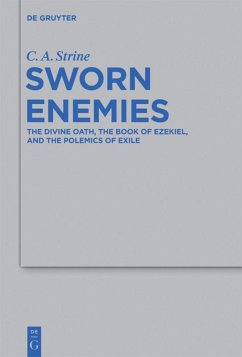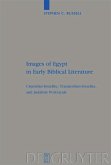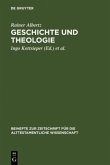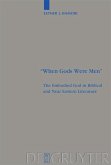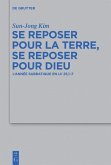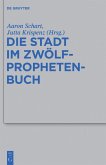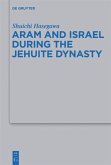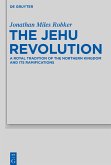Sworn Enemies explains how the book of Ezekiel uses formulaic language from the exodus origin tradition â?? especially YHWHâ??s oath â?? to craft an identity for the Judahite exiles. This language openly refutes an autochthonous origin tradition preferred by the non-exiled Judahites while covertly challenging Babylonian claims that YHWH was no longer worthy of worship. After specifying the layers of meaning in the divine oath, the book shows how Ezekiel uses these connotations to construct an explicit, public transcript that denies and mocks the non-exilesâ?? appeals to a combined Abraham and Jacob tradition (e.g. Ezek 35). Simultaneously, Ezekiel employs the oathâ??s exodus connotations to support a disguised polemic that resists Babylonian claims that YHWH was powerless to help the exiles. When YHWH swears â??as I liveâ? the text goes on to implicitly replace Marduk with YHWH as the deity who controls nations and history (e.g. Ezek 17). Ezekiel, thus, shares the â??monotheisticâ? concepts found in Deutero-Isaiah and elsewhere. Finally, using James C. Scottâ??s concept of hidden transcripts, the author shows how both polemics cooperate to define a legitimate Judahite nationalism and faithful Yahwism that allows the exiles to resist these threatening â??othersâ?.
"This wide-ranging and detailed study of the two divine oath formulae leads to an insightful discussion of wider identity issues with regard to the book of Ezekiel and is highly recommended."
Hilary Marlow in: Society for Old Testament Study Book List 2017 (Journal for the Study of the Old Testament 41.5), S. 3
Hilary Marlow in: Society for Old Testament Study Book List 2017 (Journal for the Study of the Old Testament 41.5), S. 3

